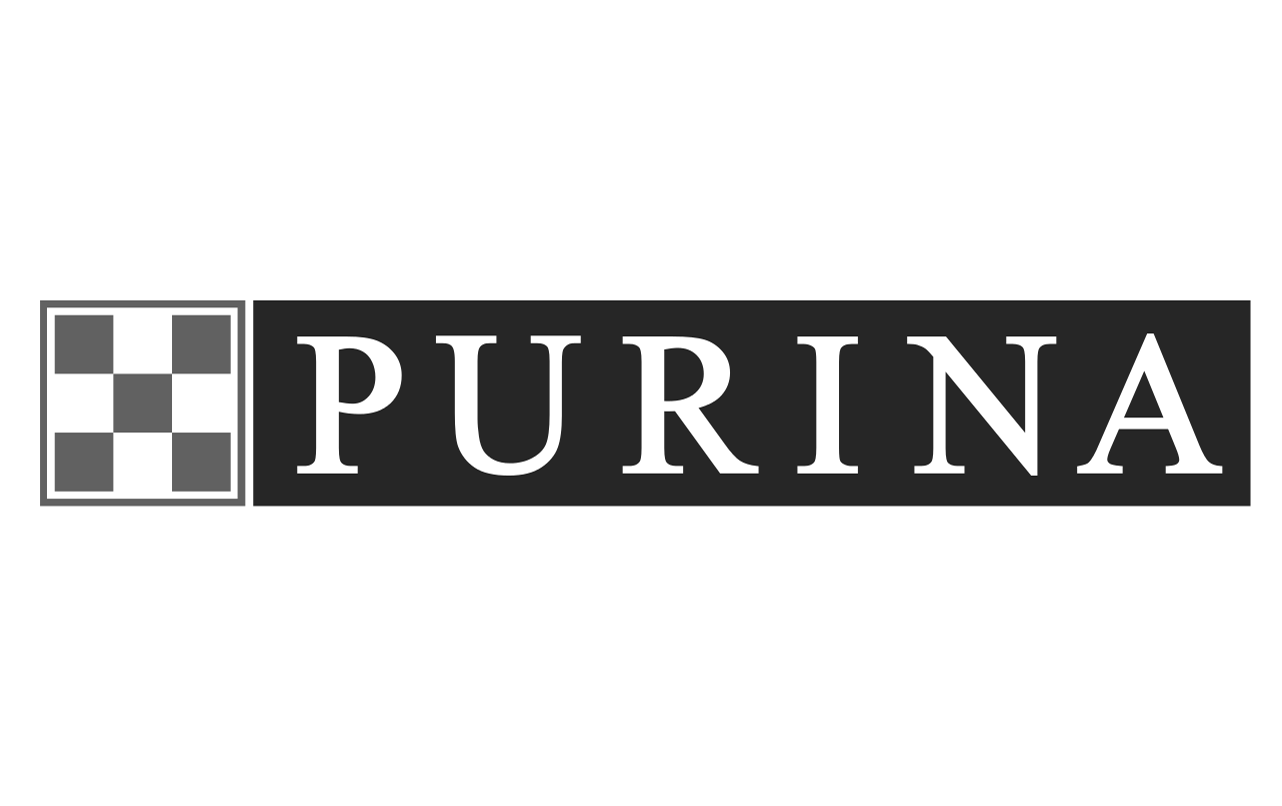
BMW Group
For over 100 years, the BMW Group has pushed the boundaries of mobility, creating new realities both within and beyond automotive design.
www.bmwgroup.comTotal employees
120,700+
The automotive industry, including BMW, relies heavily on partners for flawless execution. A shared view of data between partners is critical for responding to market changes such as Covid. The beauty of Vendia’s technology is that it combines the scalability of serverless computing with the security of distributed ledger technology. This means enterprises can build a data exchange system that scales with whatever project they are working on while ensuring full control over access to their data. Vendia will truly usher in the next generation of data exchange and collaboration across corporate partners.
-Kasper Sage, Partner at BMW i Ventures
The Problem
Each BMW automobile is built with the help of complex supply-chain services, which often include multiple partners. Ensuring consistent parts quality is critical to upholding the company’s vision. In a complex, multi-party supply chain, identifying the source of damage and assigning cost is a time consuming, manual process, which is difficult to scale.
BMW’s supply chain is composed of a multitude of partners, distributed around the world with diverse capabilities and varying degrees of IT operational readiness. Some of them have extensive technical capabilities, while others may only have access to mobile and web applications. BMW needed a system that could onboard partners swiftly, regardless of their IT capability, and enable them to share data with full control and with confidence that it would not be overwritten or manipulated.
Four main criteria were established for the use case in the context of a distributed data exchange:
- Easy Partner Onboarding
- Ability for partners to adopt the new platform with no IT or heavy operational lift
- Partners must be able to integrate their data quickly
- The ability of different organizations to share data
- Partners must be able to integrate their data quickly
- Decentralized Data Ownership & Sovereignty
- Ownership and control of the data must remain with the creator
- The data must be verifiable
- Highly Scalable, Cloud Native, and Serverless platform
- The system should be able to cope with data traffic spikes without restrictive limits
- The system should have minimal costs during off-peak hours
The business need and use case had already been identified but BMW was hindered by the lack of scalability and maturity among existing cross-company data exchange mechanisms.
The Vendia Solution
BMW's solution, built on the Vendia platform, is completely serverless and cloud native it has unbounded scalability. It is based on AWS Serverless services but is able to connect to partners on other clouds, allowing all required partners to participate. The partners share data collected at each handshake in the supply chain but retain control of the data they produce. The system serves as a common source of truth and provides shared data integrity across all partners. Most importantly, logistics partners can easily integrate with the solution without a great deal of IT support.
In the current system, data such as part details, potential defects, photos, and videos are collected via a mobile application at each inspection point in the supply chain. The media files and associated inspection information are stored on Vendia’s multi-party database. Once entered, the data is immutable, which is crucial for ensuring mutual trust amongst the involved parties.
Results
BMW deployed the Vendia-powered solution to track and reconcile defects in multiple parts of their supply chain in 2021. As a result of using the Vendia solution, BMW has better insight into each stage of its supply chains and can better assign costs associated with damages along the line. Moreover, due to the multi-partner, distributed design of the system, all participants in the supply chain are encouraged to participate, leading to greater transparency and improved efficiency for all parties. This gives BMW improved ability to proactively address issues in the supply chain, reducing overall costs, and continuously improving the end-to-end build process.
An additional benefit of the platform is that due to the built-in data verifiability and immutability, analytical datasets can be further compiled with excellent data lineage properties. From this set, the relevant data can then be stored in the BMW Group data lake, also known as Cloud Data Hub. Once there, data scientists are able to cross reference with other production quality data, creating a continuous product improvement cycle, as any bottlenecks are identified proactively, and appropriate measures are implemented.
Academic Work
The platform capabilities were further analyzed and benchmarked in a joint collaboration with Fraunhofer institute. The work provides an overview of the system’s business requirements, key architecture components, and a benchmark against other traditional ledger systems.
The publication describes in detail some of the most important design aspects that enable very high fault tolerance and availability rates, as well as virtually unbounded scaling and storage capacities. Additionally, the system is benchmarked against Hyperledger Fabric and Quorum. The Vendia platform maximum throughput rates significantly outperform both of the other compared systems, and a cost analysis is also performed. The serverless design enables significantly lower costs at low throughput, and is able to accommodate variable workloads better than the traditional server-based architectures.
The full publication can be found here: https://arxiv.org/abs/2110.09221












